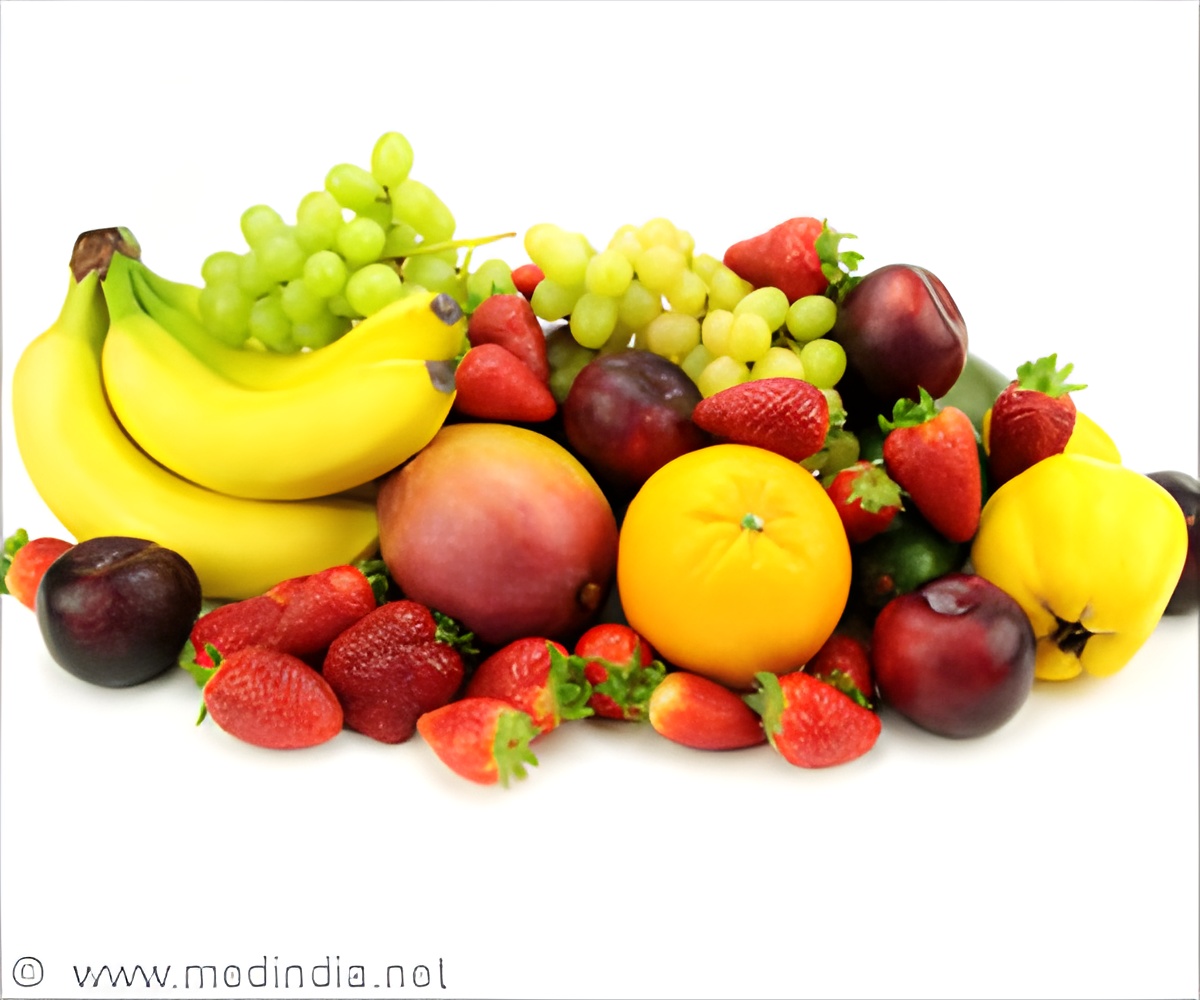
To reach this conclusion, the team used data from 155 men enrolled in the Environment and Reproductive Health (EARTH) study at a fertility centre in Boston.
Data included 338 semen samples provided during 2007-2012 and validated survey information about participants’ diets, said the study that appeared in the journal Human Reproduction.
The researchers classified fruits and vegetables according to whether they contained high amounts of pesticide residues (such as peppers, spinach, strawberries, apples, and pears) or low-to-moderate amounts (such as peas, beans, grapefruit and onions).
They then adjusted for factors such as smoking and body mass index -- both known to affect sperm quality.
The results showed that men who ate greater amounts of fruits and vegetables with higher levels of pesticide residue -- more than 1.5 servings per day -- had 49% lower sperm count and 32 percent lower percentage of normal sperm than men who ate the least amounts (less than 0.5 serving per day).
Advertisement
The men who ate the most fruits and vegetables with low-to-moderate levels of pesticide residue had a higher percentage of normal sperm compared with those who ate less fruits and vegetables with low-to-moderate levels.
Advertisement
"In fact, we found that consuming more fruits and vegetables with low pesticide residues was beneficial. Try to have organically-grown produce or avoid produce known to have large amounts of residues," the authors concluded.
Source-IANS













